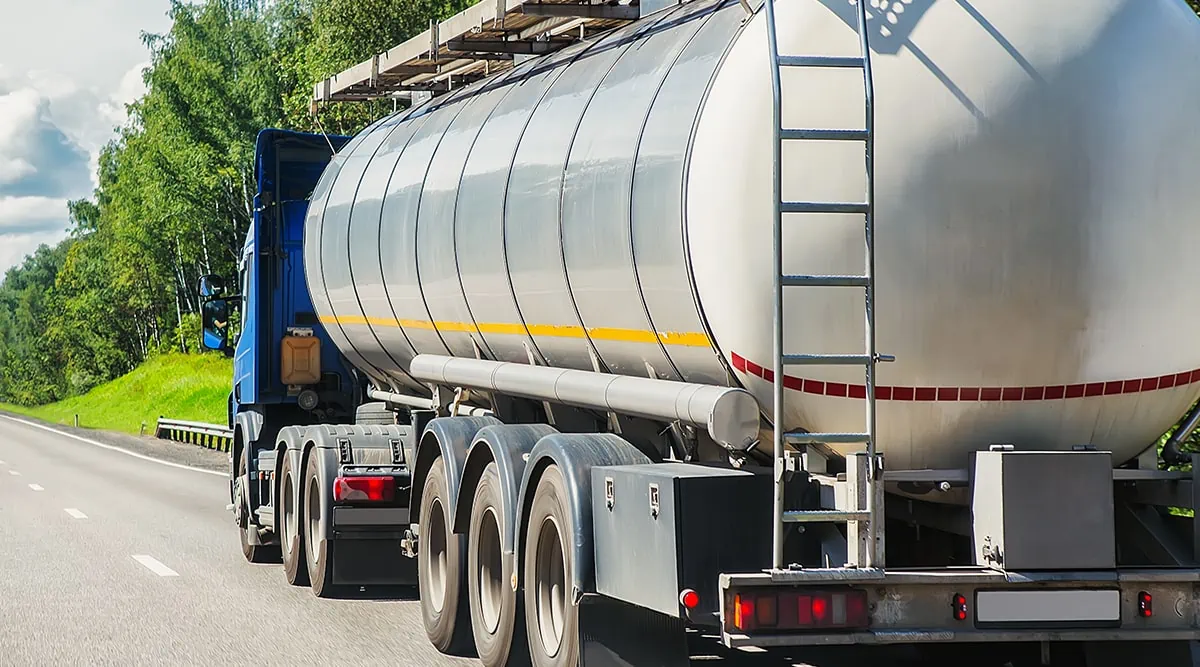The Definitive Guide to Reclaim Waste
Reclaim Waste Can Be Fun For Everyone
Table of ContentsThe 5-Minute Rule for Reclaim WasteReclaim Waste Can Be Fun For AnyoneFacts About Reclaim Waste RevealedUnknown Facts About Reclaim WasteWhat Does Reclaim Waste Mean?
Residential sewage waste refers to the waste and items from a household septic storage tank. The correct administration and disposal of domestic sewer waste call for liquid waste to be moved to a sewage treatment plant where the correct techniques and tools are applied to detoxify and dispose of waste.
Industrial waste frequently consists of possible threats, such as flammable products or a combination of liquid and strong waste items, and requires an advanced and comprehensive disposal procedure. The disposal of industrial waste typically includes the filtration of waste before transportation to make certain risk-free and correct disposal. Hazardous waste is produced from byproducts and overflow of commercial procedures and manufacturing.
This sort of waste can not utilize the exact same sewage monitoring transportation or processes as septic or business fluids. The commercial waste monitoring process requires the inspection and testing of fluid waste prior to it undertakes the disposal procedure (liquid waste removal melbourne). Drainage waste is the liquid waste that originates from runoff and excess stormwater in highly populated areas or cities
Runoff waste can trigger contamination and flooding if not dealt with effectively. Find out a lot more regarding sewage system cleansing and waste monitoring. Guaranteeing correct waste administration can prevent disasters and reduce environmental damage. Both individuals in property settings and experts in commercial or manufacturing sectors can take advantage of comprehending the processes and guidelines of fluid waste management.
The smart Trick of Reclaim Waste That Nobody is Talking About
Get in touch with PROS Services today to discover our waste monitoring and disposal services and the proper ways to take care of the fluid waste you create.
(https://giphy.com/channel/reclaimwaste1)This supposed 'wastewater' is not only an important resource yet, after treatment, will be released to our land, waterways or the sea. Made use of water from bathrooms, showers, baths, kitchen area sinks, laundries and commercial processes is understood as wastewater.

water made use of to cool down equipment or clean plant and devices). Stormwater, a kind of wastewater, is runoff that flows from farming and city locations such as roofs, parks, yards, roads, courses and seamless gutters into stormwater drains pipes, after rain. Stormwater streams neglected directly to neighborhood creeks or rivers, at some point getting to the ocean.
Some Known Incorrect Statements About Reclaim Waste
In Queensland, the majority of wastewater is dealt with at sewer therapy plants. Wastewater is transported from domestic or industrial sites via a system of drains and pump terminals, referred to as sewerage reticulation, to a sewer treatment plant. City governments construct, maintain and run most sewer treatment plants. Operators are certified under the Environmental Protection Act 1994 to discharge treated wastewater at an acceptable environmental standard into waterways.
The Department of Natural Resources advises city governments about handling, operating and preserving sewage systems and treatment plants. In unsewered locations, local governments might need householders to install specific or family sewer treatment systems to treat residential wastewater from bathrooms, kitchens, restrooms and laundries. The Department of Natural Resources authorizes using household systems when they are proven to be reliable.
A lot of stormwater receives no therapy. In some new subdivisions, treatment of some stormwater to eliminate trash, sand and crushed rock has started utilizing gross pollutant catches. Wastewater therapy happens in four phases: Removes strong matter. Bigger solids, such as plastics and other items mistakenly discharged to drains, are gotten rid of when wastewater is gone through displays.
Wastewater then moves right into large containers where solids work out and are eliminated as sludge. Grease and scum are skimmed from the surface. Uses small living microorganisms called micro-organisms to break down and get rid of staying liquified wastes and fine fragments. Micro-organisms and wastes are included in the sludge. Removes nitrogen and phosphorus nutrients that could create algal flowers in our rivers and intimidate aquatic life.
All About Reclaim Waste
Nutrient removal is not available at all sewage treatment plants since it requires expensive specialist devices. Clear fluid effluent produced after therapy may still have disease-causing micro-organisms - liquid waste disposal.

Many wastewater moves into the sewage system. Under the Act, local governments carry out approvals and permits for eco pertinent activities (Ages) involving wastewater launches that may have a regional effect.
Getting My Reclaim Waste To Work
Tracking provides accurate details about water high quality and can confirm that licence problems are being satisfied. The information gotten with monitoring offers the basis for making water quality choices.